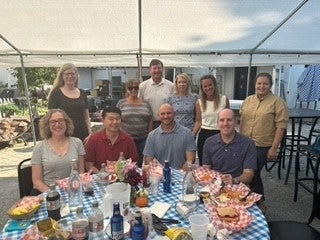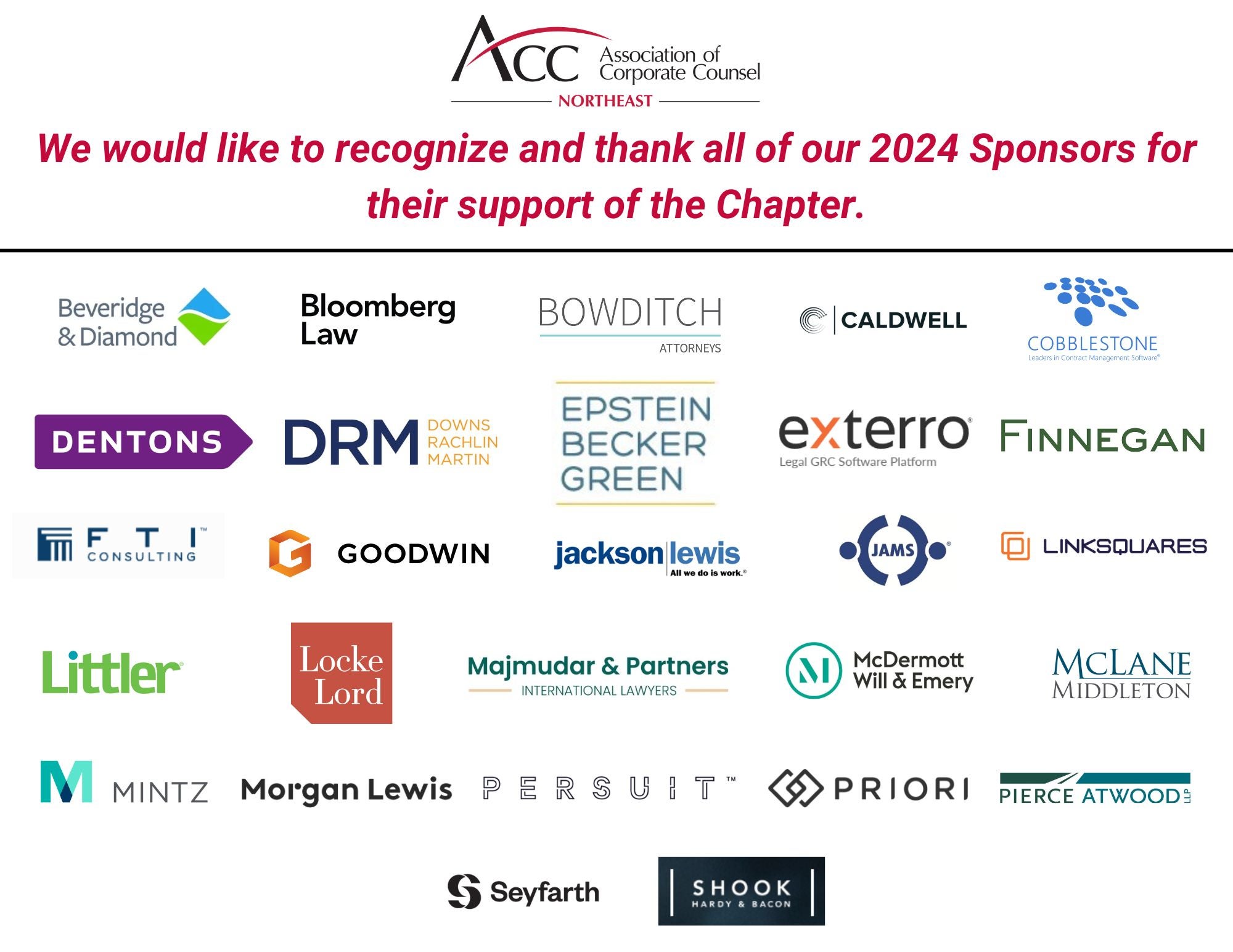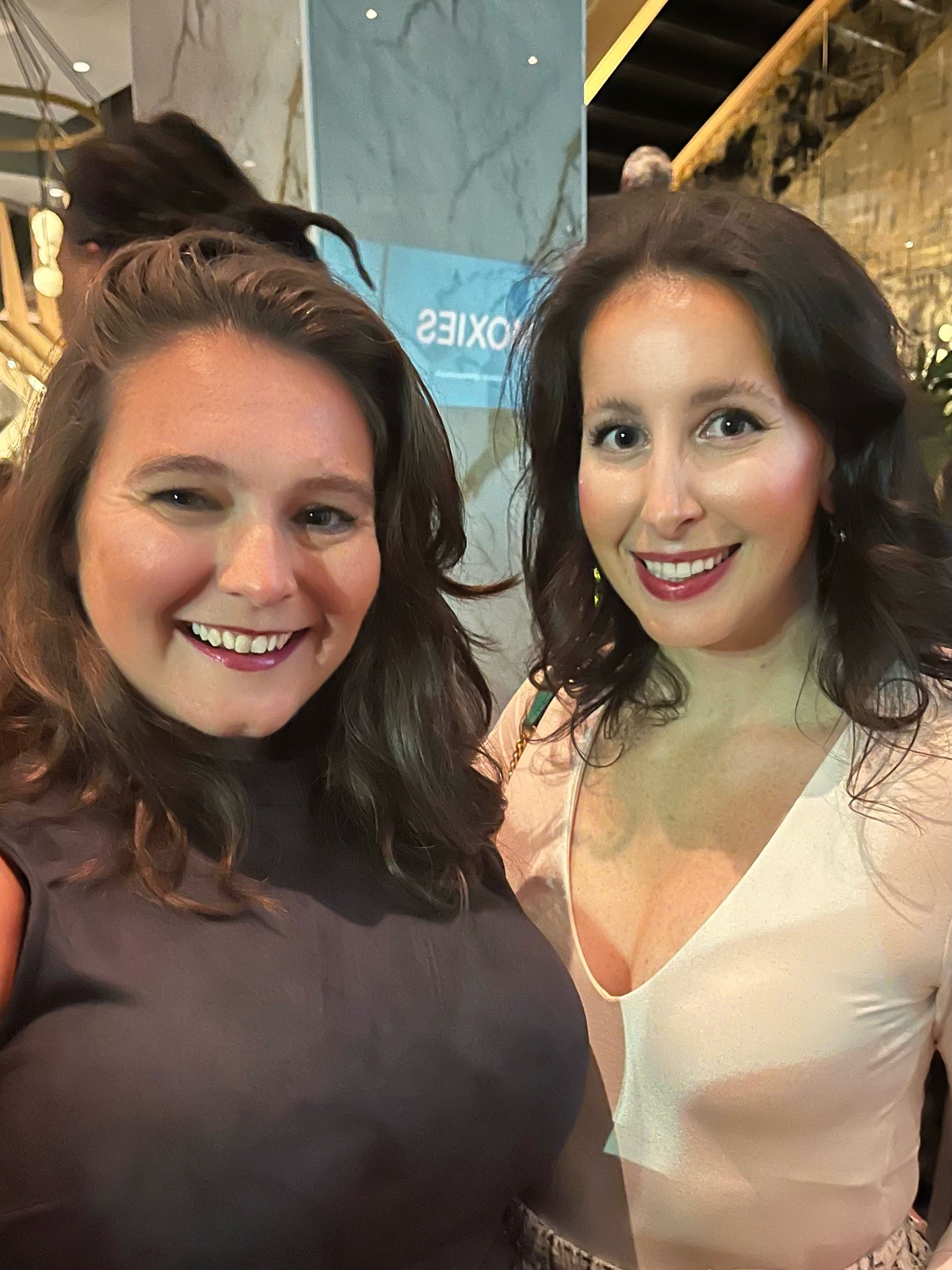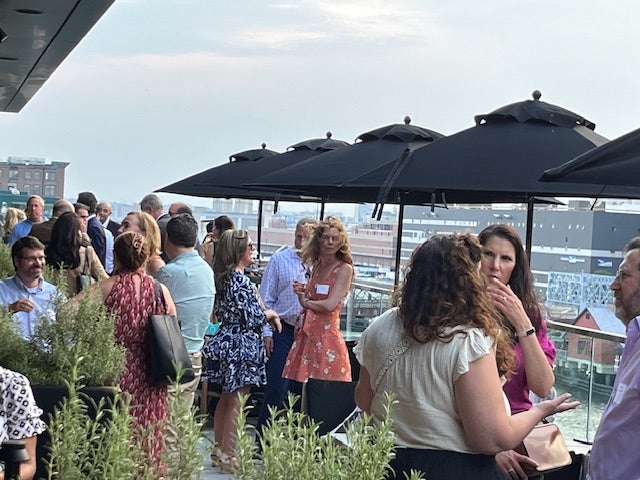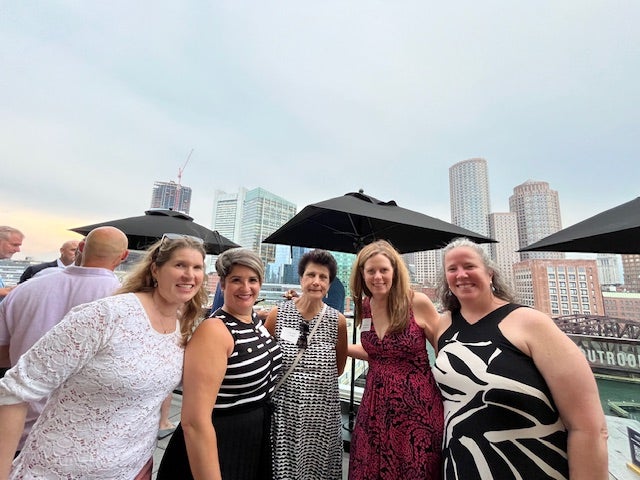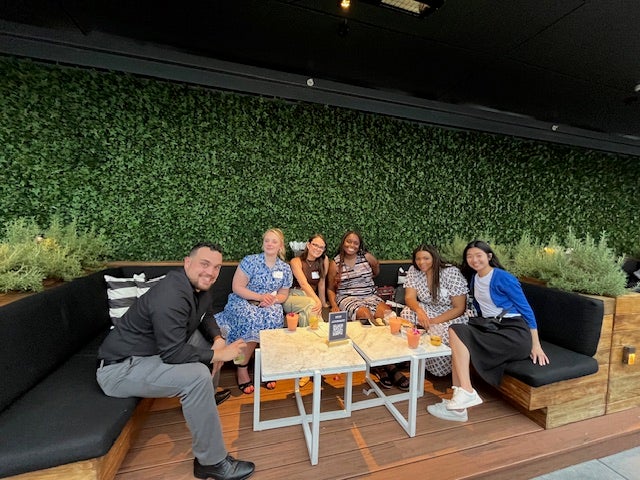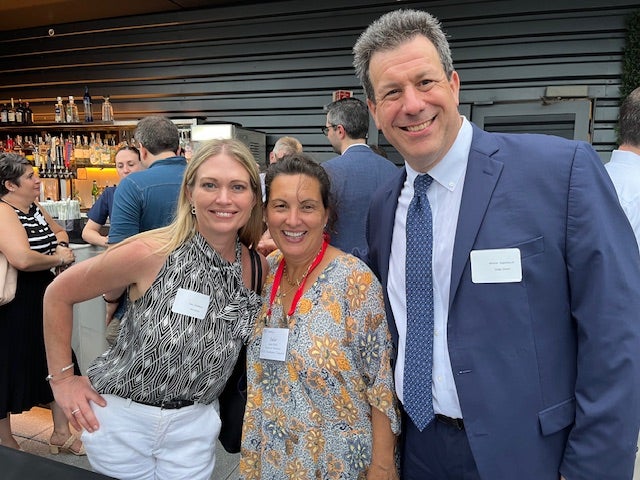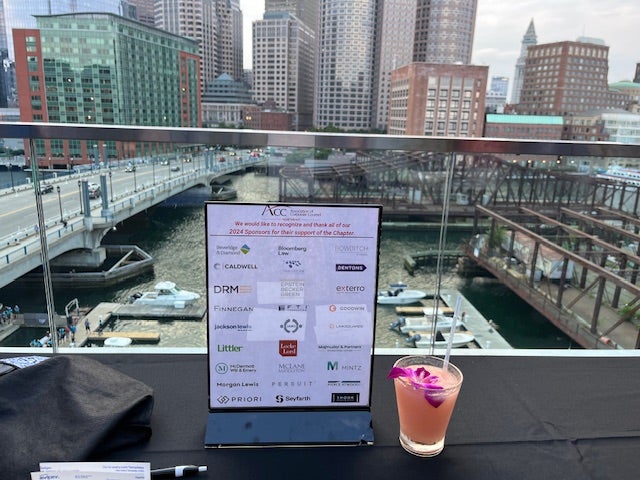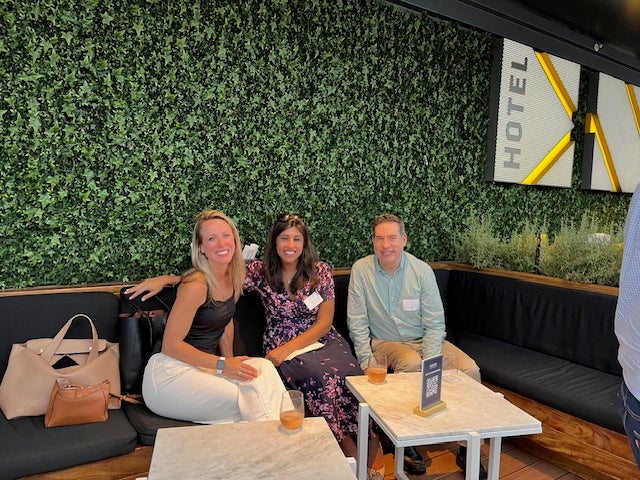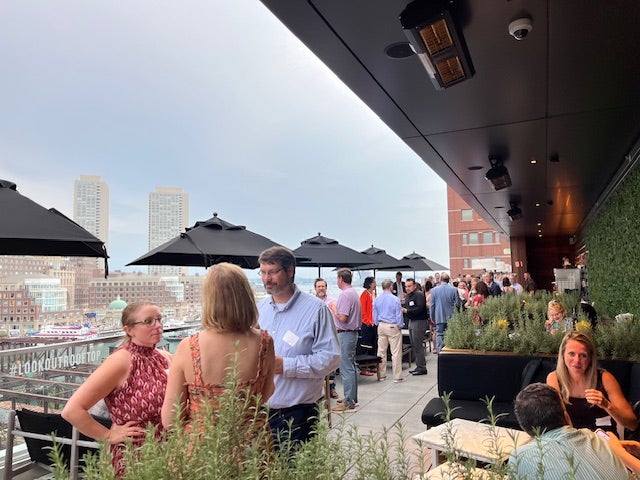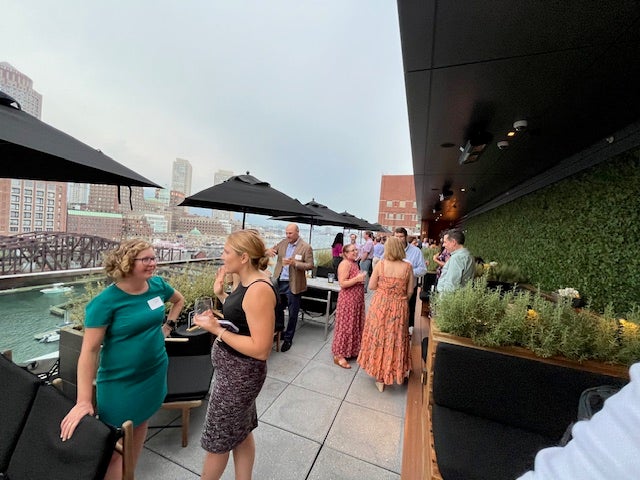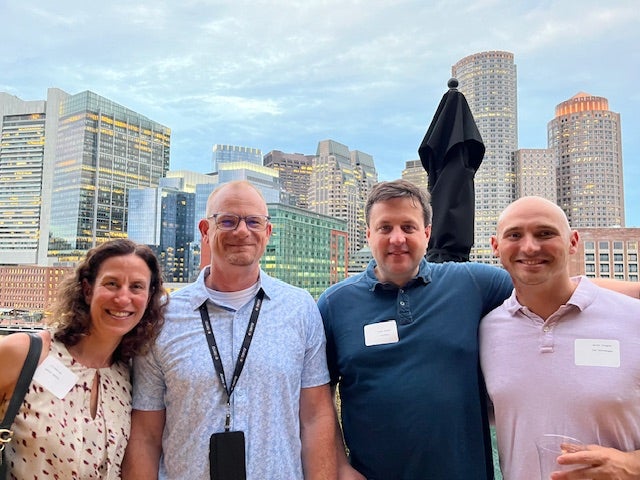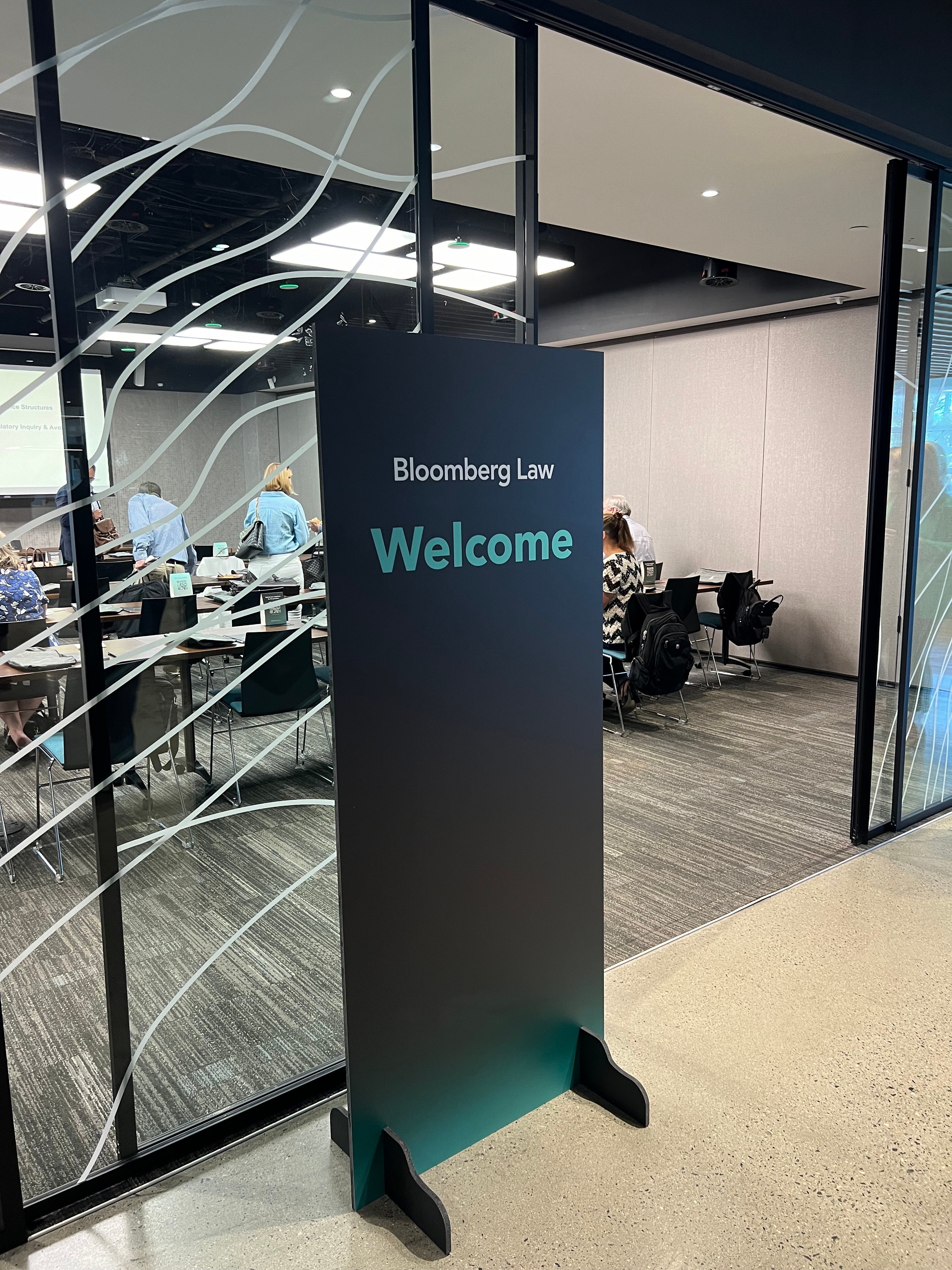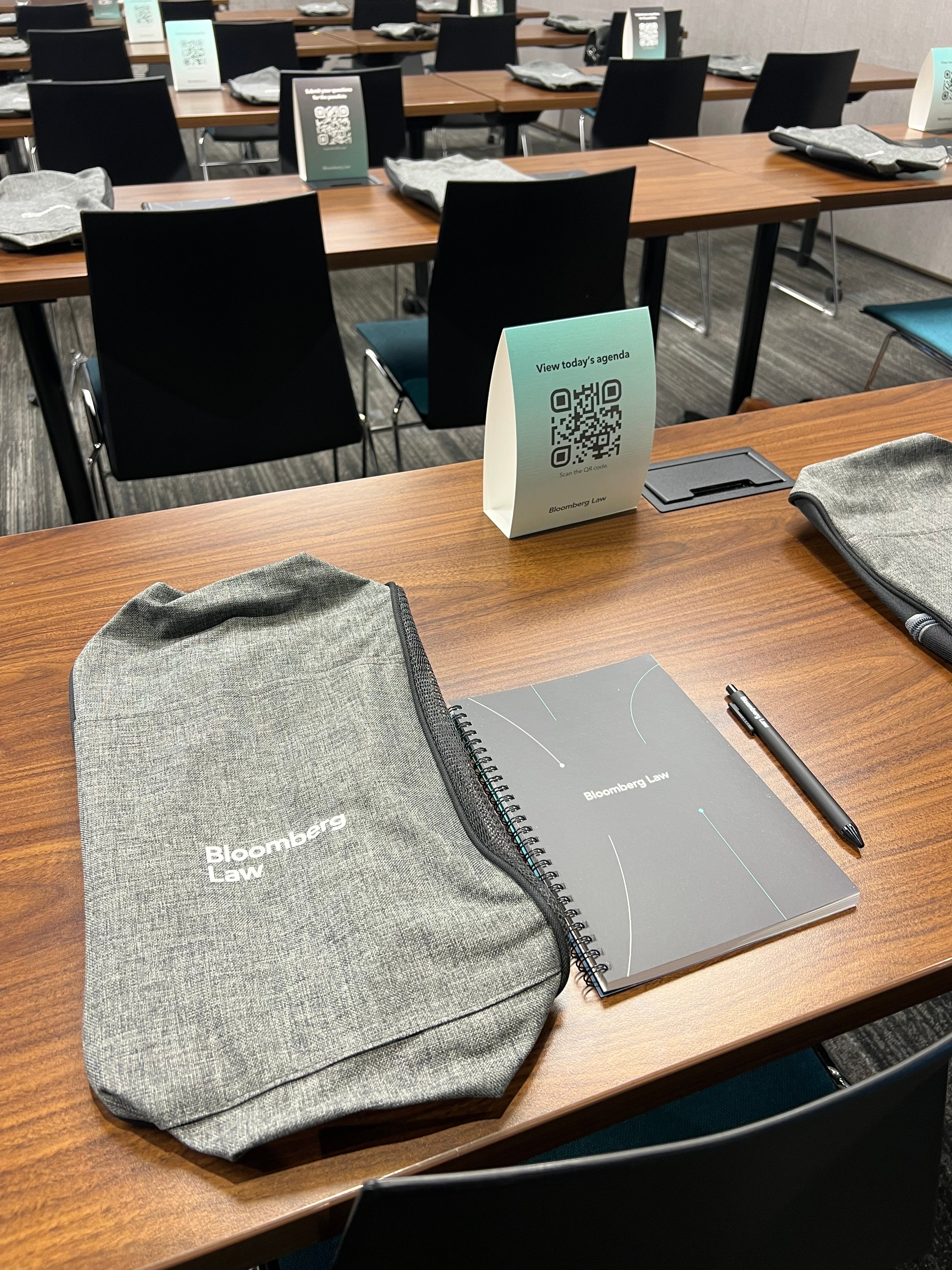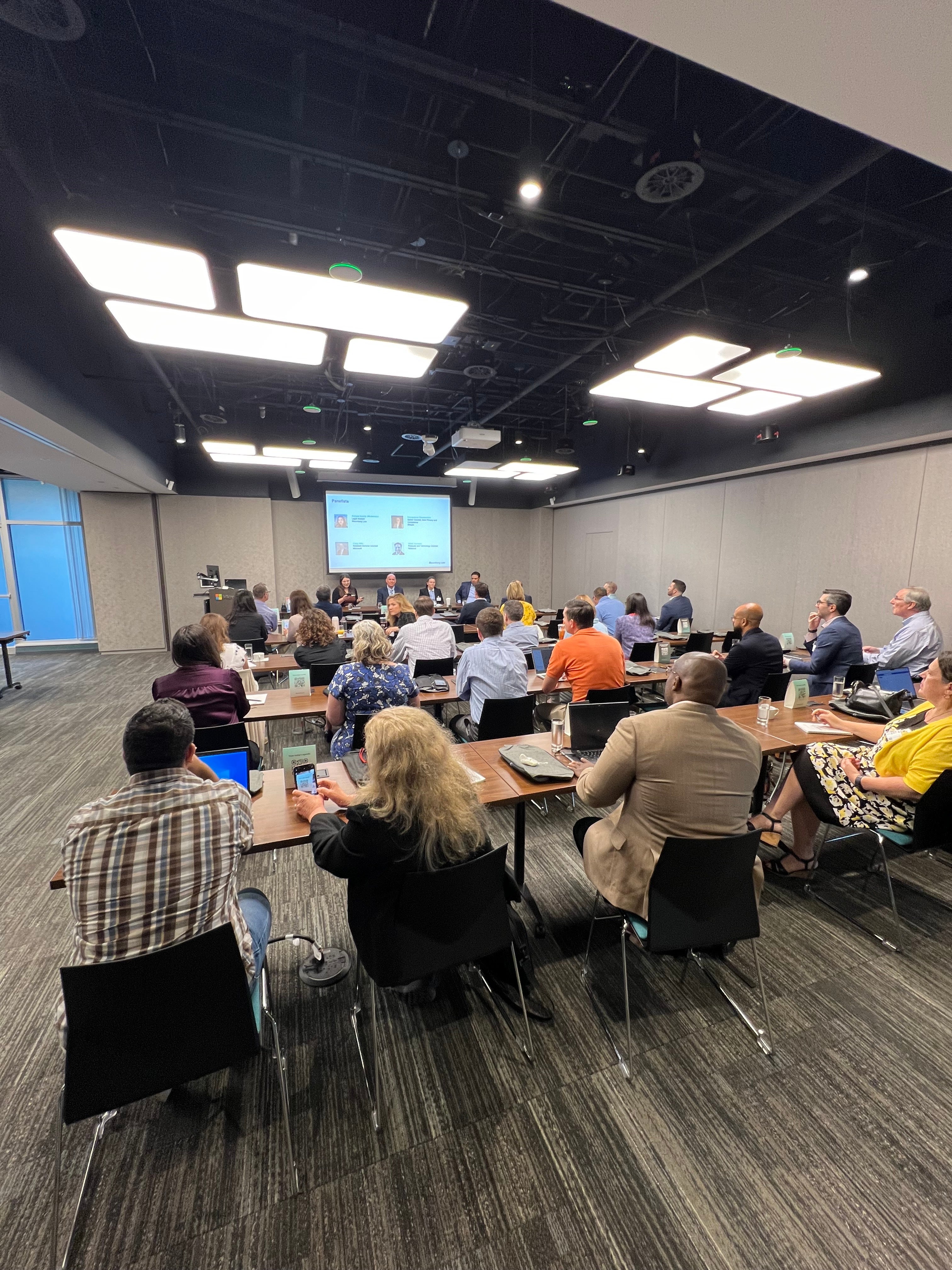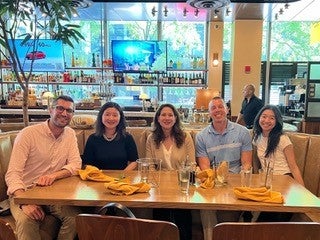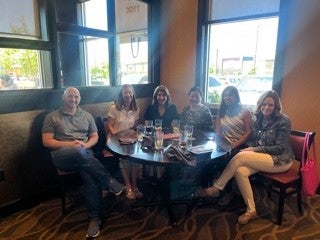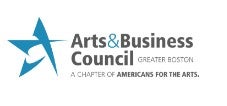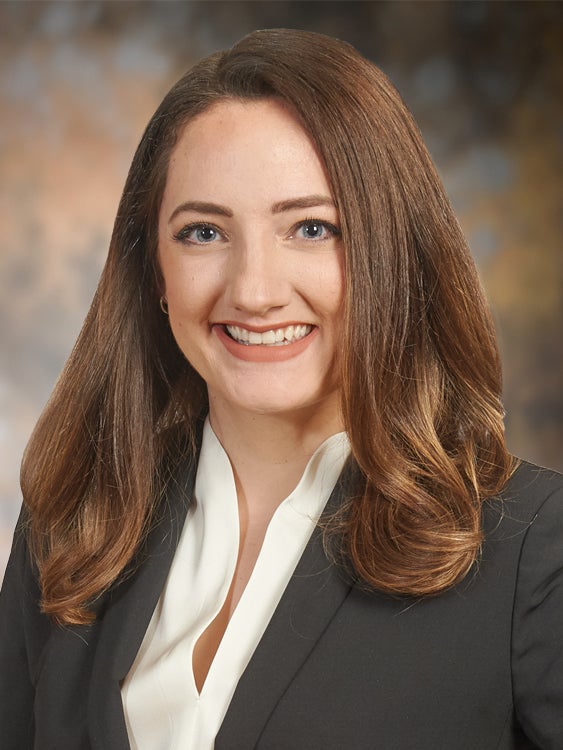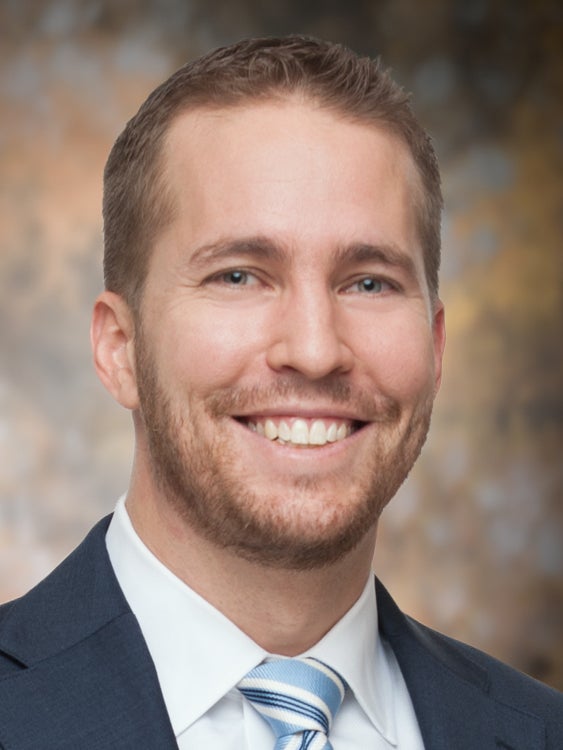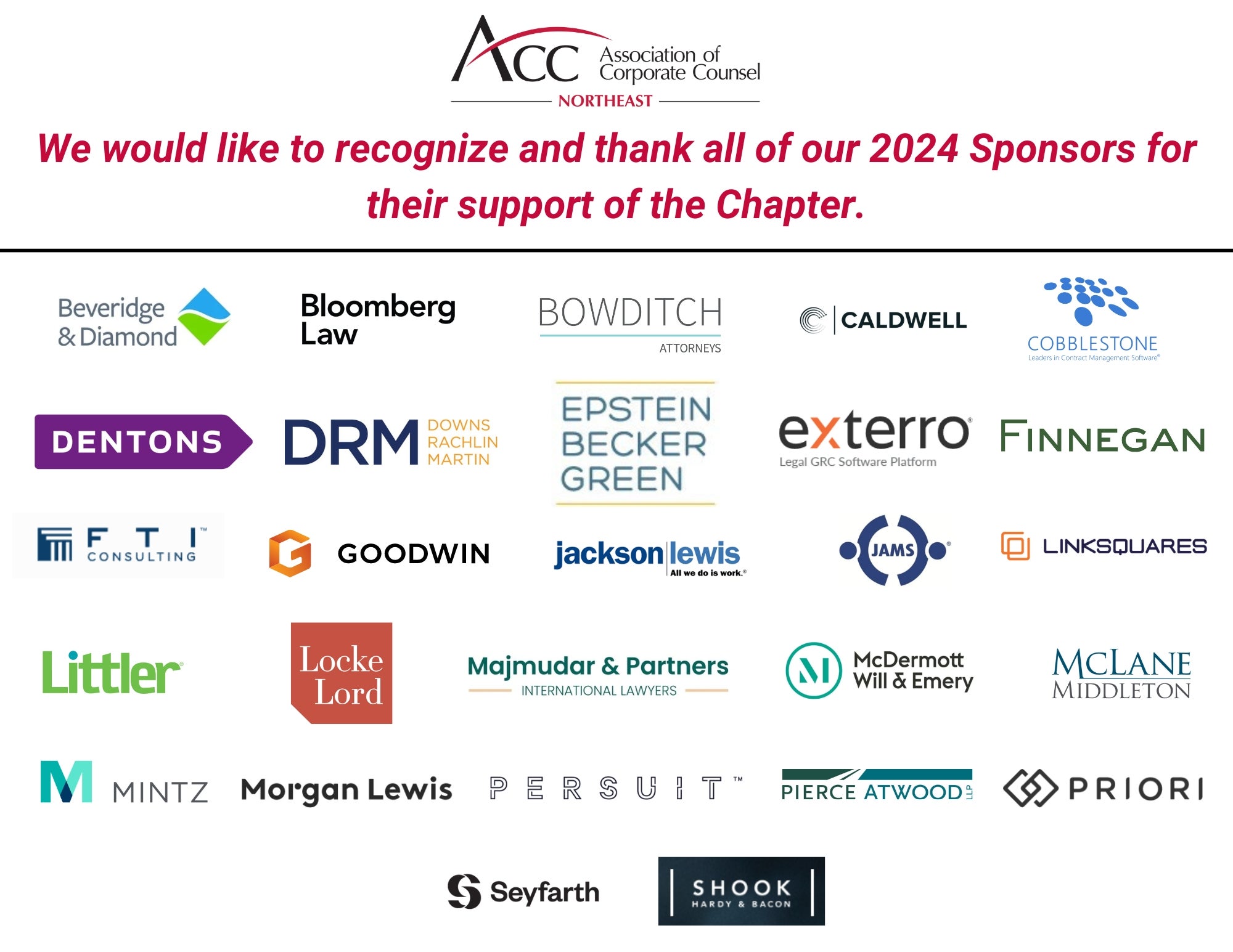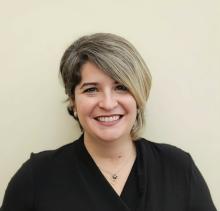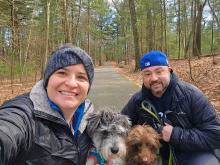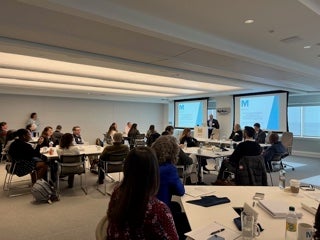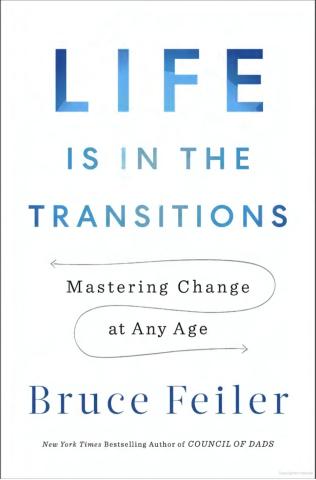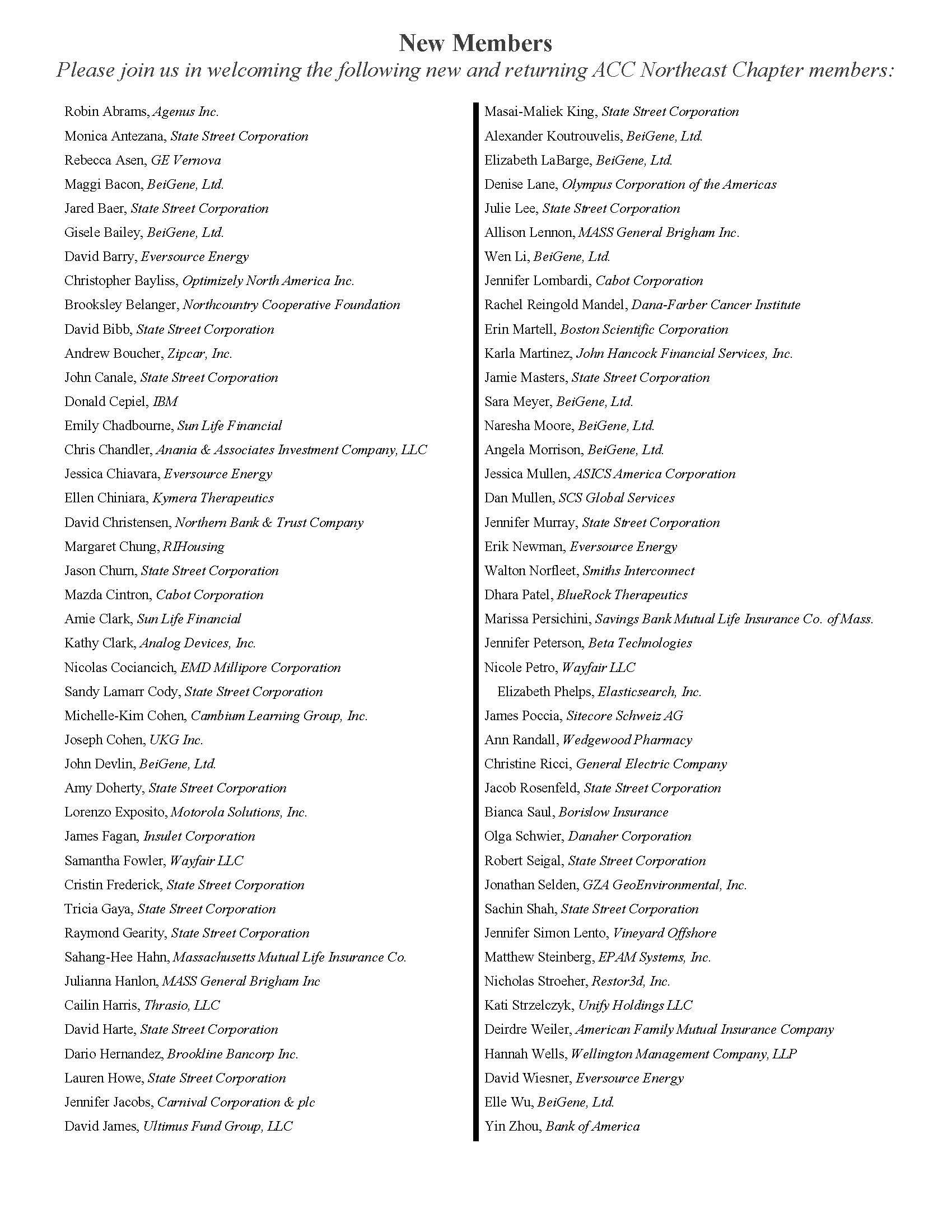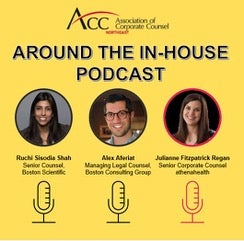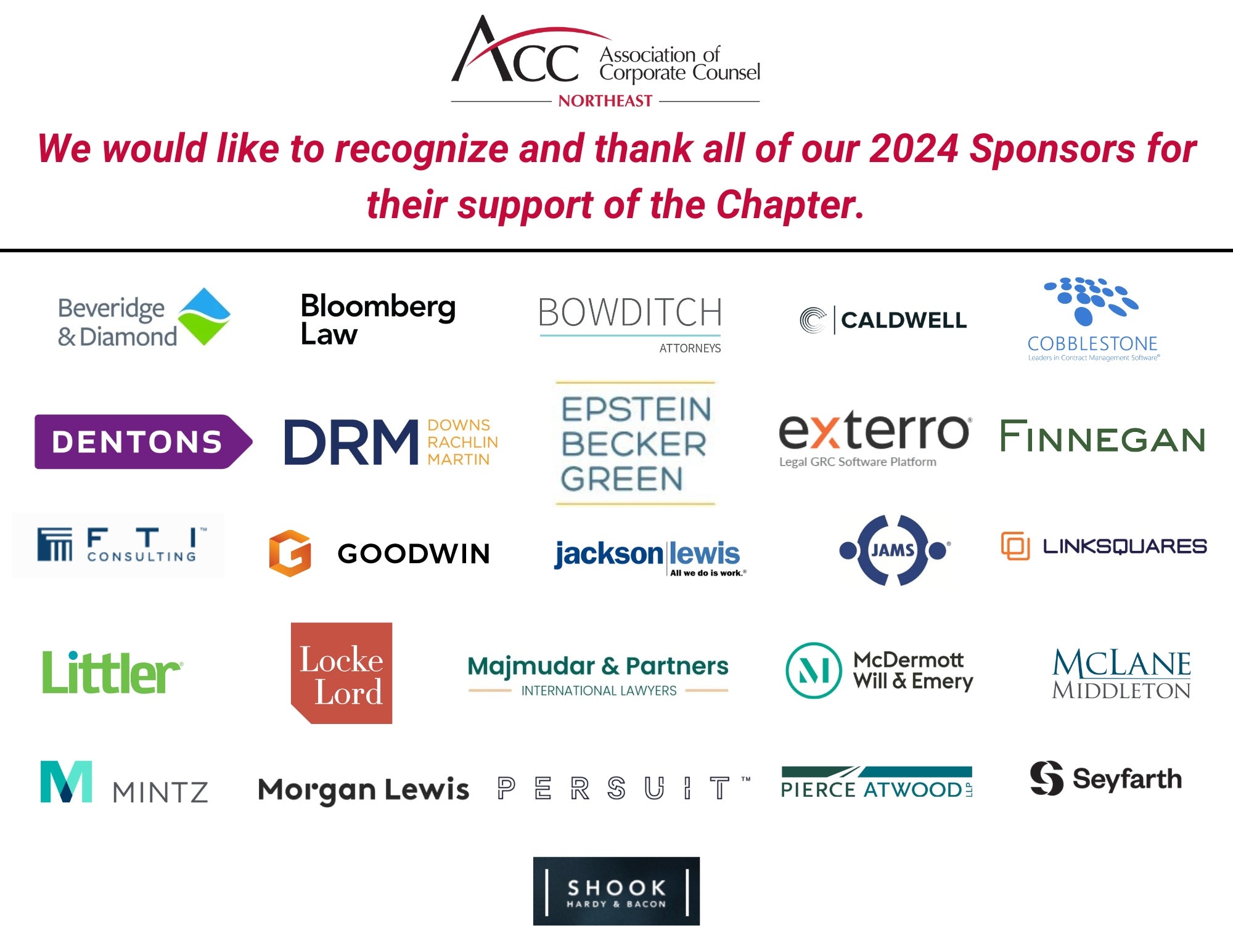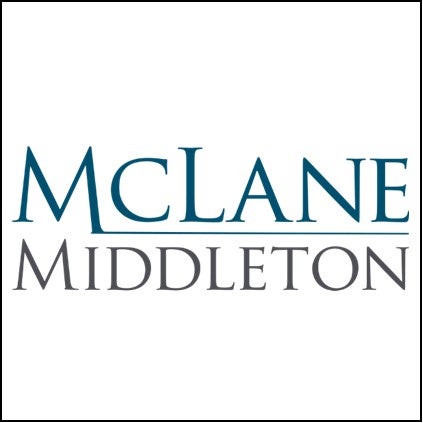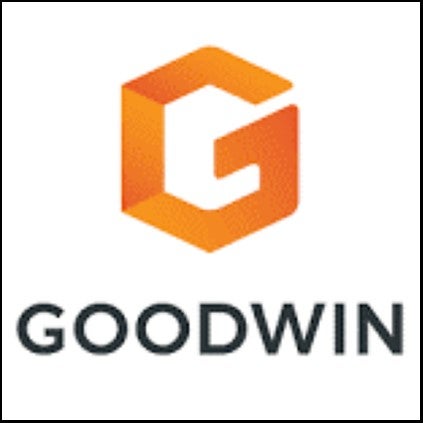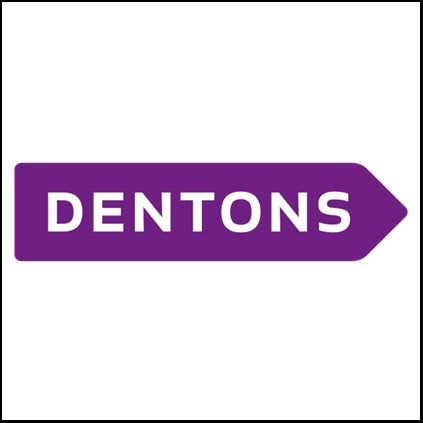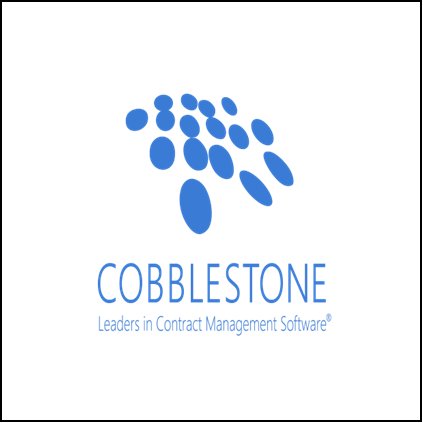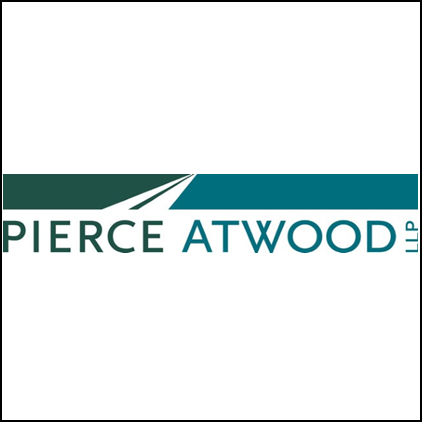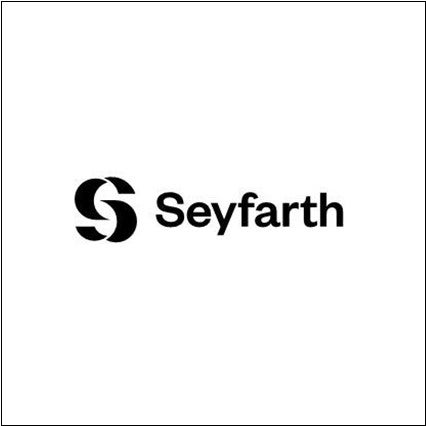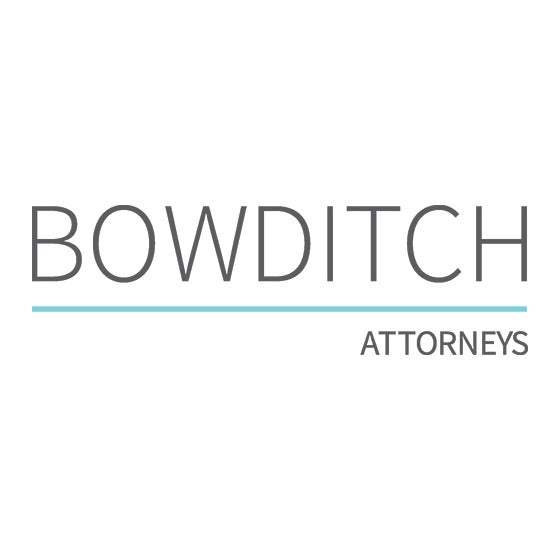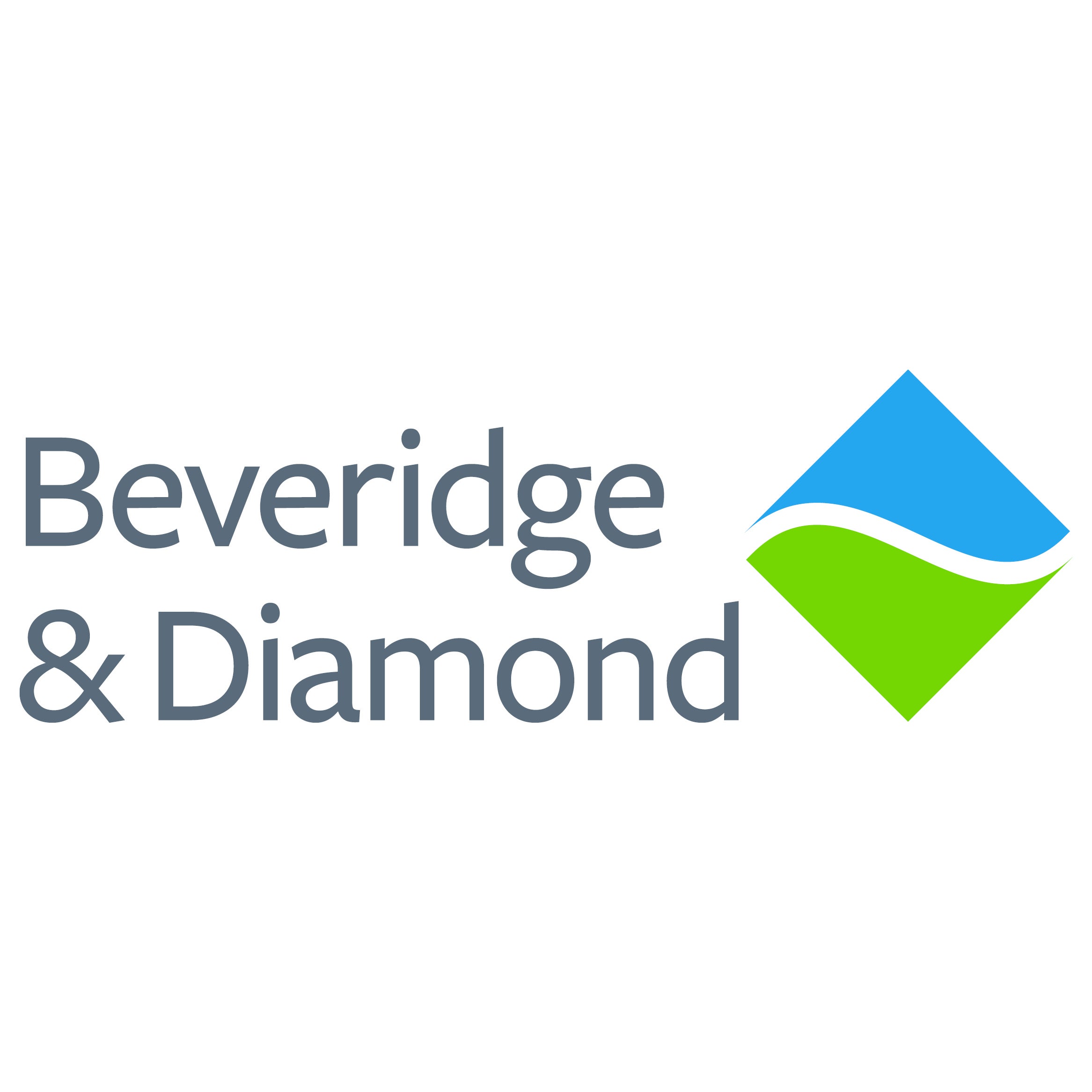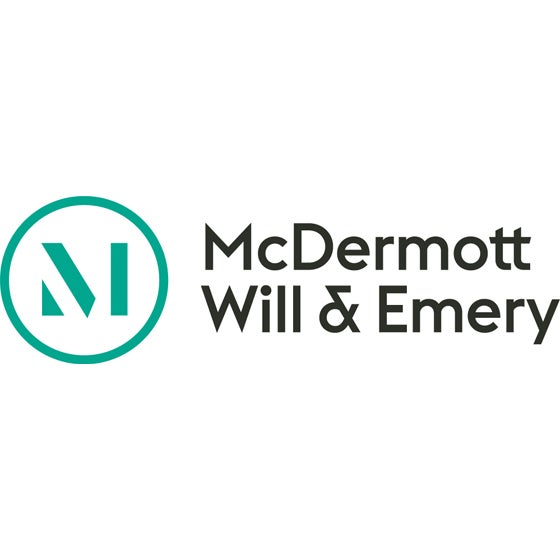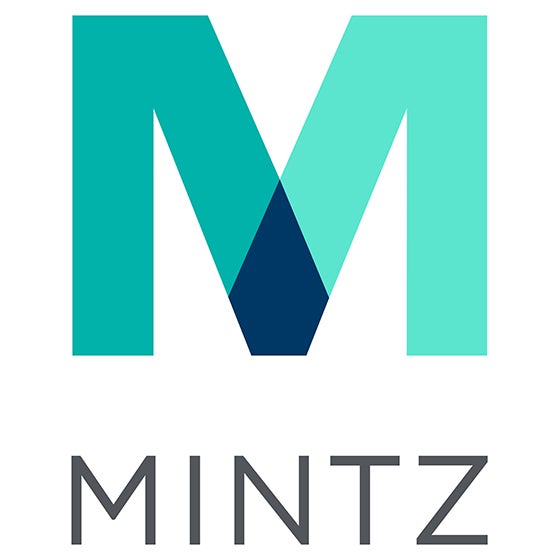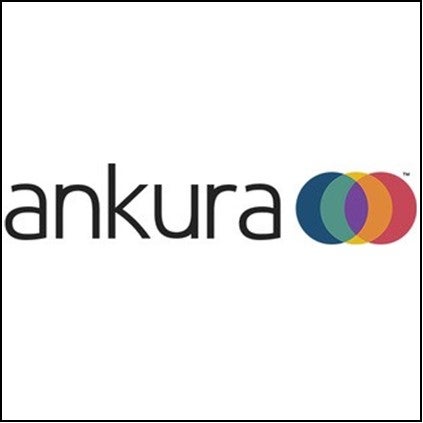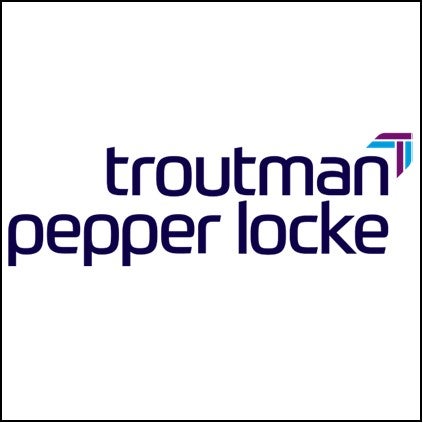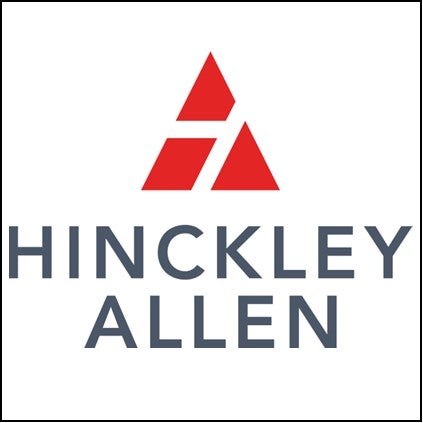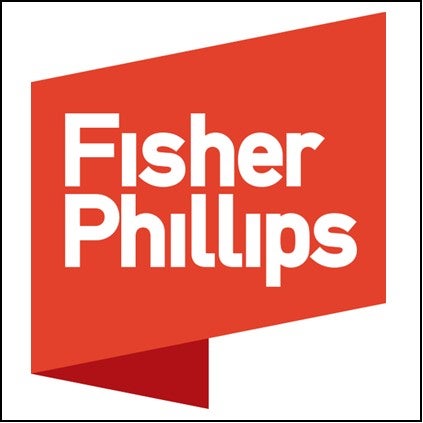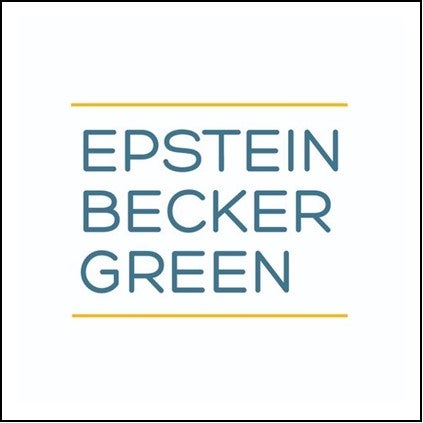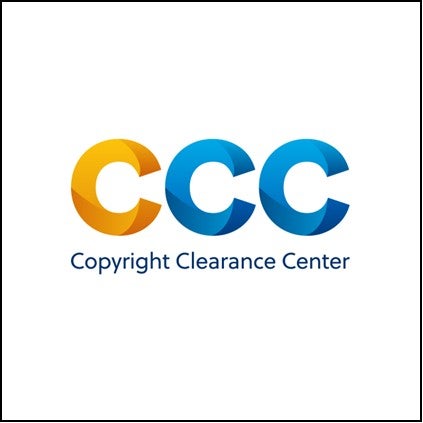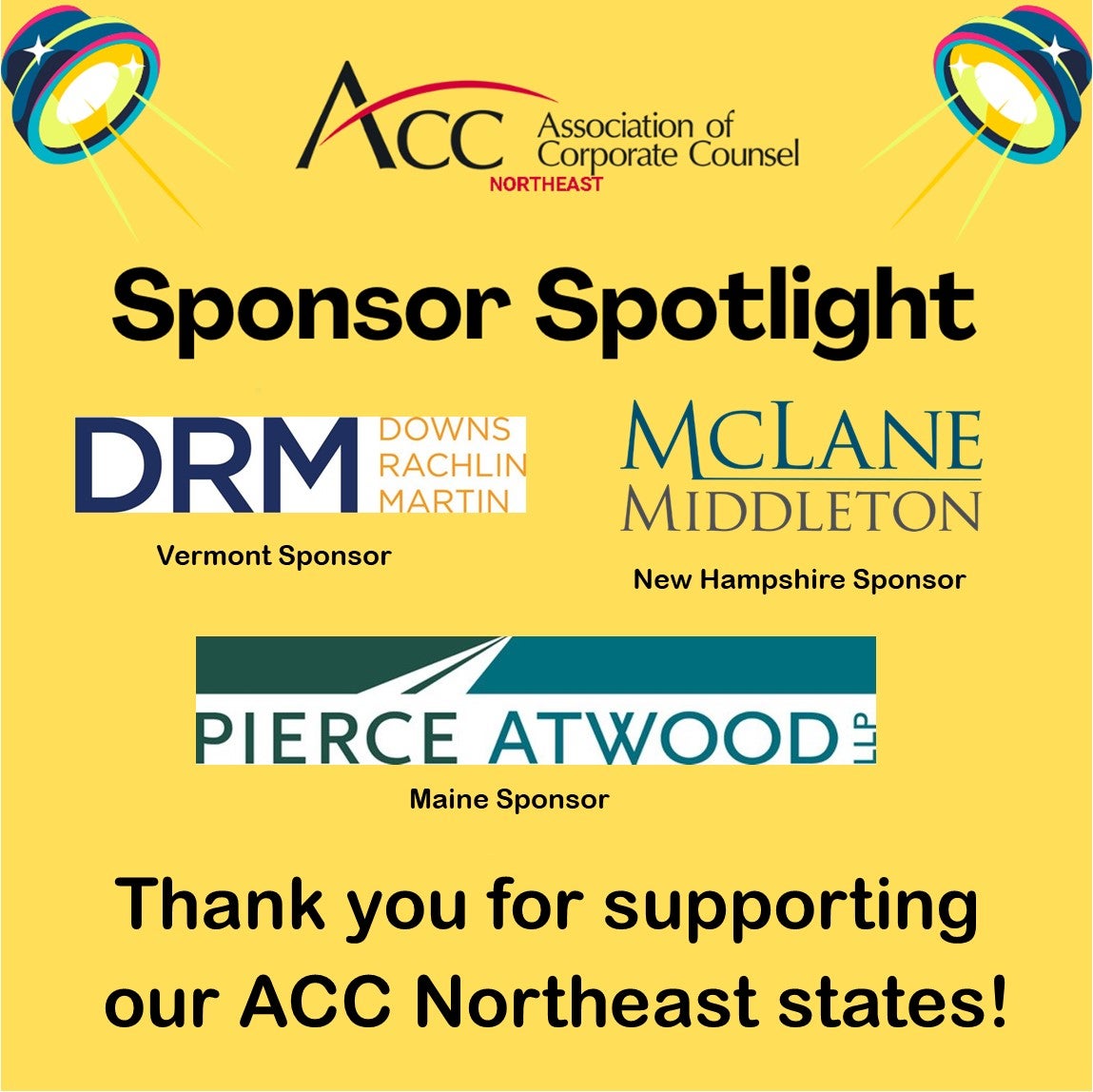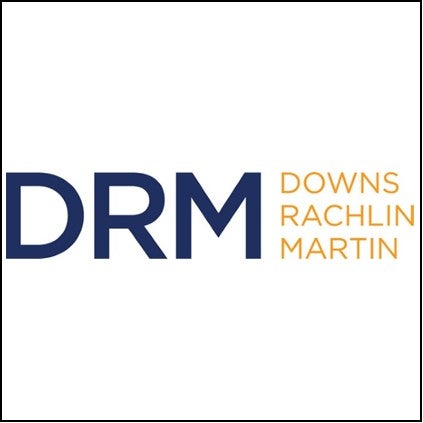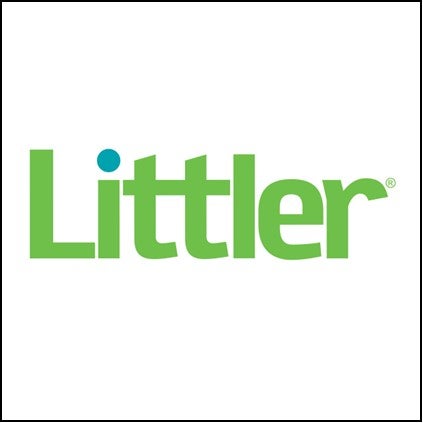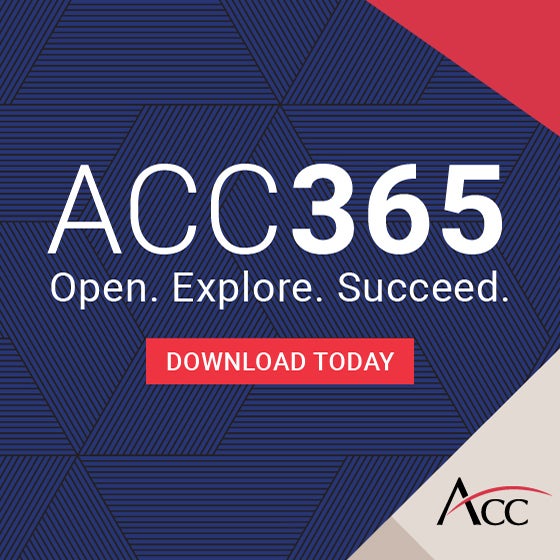Senior Managing Legal Director
Dell Technologies
Dear ACC Northeast Chapter Members,
We are thankful to you, our members, for the incredible community you build every day. Our ACC Northeast Chapter Board and Committees spent considerable time last year learning about your needs and considering thoughtful ways to address them. We are pleased to report that the health of our Chapter remains strong. 2024 was another stellar year for us. Our total membership grew 5%, to reach 1,588 members across our Chapter as of February 1, 2025 – surpassing the 1,500-member mark for the first time. Our recruitment efforts yielded 342 new members, and our member retention remained relatively flat, reflecting continued stability in our membership community, year over year. We are pleased with these results. This success is your success and the success of our entire membership community. Each of you plays a role in adding to the vibrancy that is the ACC Northeast Chapter, and the value that it creates for the careers of our members.
Although it may not seem like it now, spring is just around the corner. As we eagerly await warmer days, it's the perfect time to "Spring into Action" with the ACC. This season offers a wonderful opportunity to renew our professional goals and embrace new challenges.
Clinic in a Box® Program
We are excited to host our annual Clinic in a Box® program, taking place on March 28th at the offices of Mintz in Boston. This event provides a unique opportunity to use your legal skills to support local nonprofits while earning CLE credit. Don't miss out on this chance to make a meaningful impact.
2025 Membership Survey Results
Thank you to everyone who submitted a response to our recent membership survey. Your feedback is crucial to our organization's success. Here are some key insights:
- General Counsel/Chief Legal Officers expressed a strong desire for more opportunities for peer-to-peer connections, especially around complex topics affecting their departments and companies.
- 94% of members showed interest in a half-day program.
- Focused community connections, networking, and cutting-edge educational opportunities were highlighted as the most rewarding aspects of ACC membership.
We are committed to using this feedback to enhance our programs and services to better meet your needs. Our Board and Committee members are in the process of reviewing this feedback to turn insight into action. Expect more networking, more connection, and an opportunity to participate in a half-day conference, in the months to come.
Upcoming Events and Opportunities
This spring, we have an exciting lineup of events designed to enhance your skills and expand your network. Don’t miss the fantastic opportunities our event lineup presents to connect with peers and gain valuable knowledge that can be applied in your practice.
Welcome to Our 2025 Sponsors
We are thrilled to welcome back our returning sponsors and extend a warm welcome to our new sponsors. Support from our Sponsors is invaluable to the success of our chapter, and we are excited to collaborate with each Sponsor throughout the year. For more information about our sponsors, please visit our ACC Northeast Sponsorship webpage.
Stay Connected
We value your membership and encourage you to stay engaged with the ACC Northeast Chapter. Follow us on LinkedIn for the latest news and updates. If you have any suggestions or would like to get more involved, please don't hesitate to reach out.
Let's embrace the energy of spring and take action to achieve our professional and personal goals. We look forward to seeing you at our upcoming events!
Warm regards,
James Coughlin
President, ACC Northeast Chapter
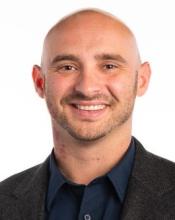




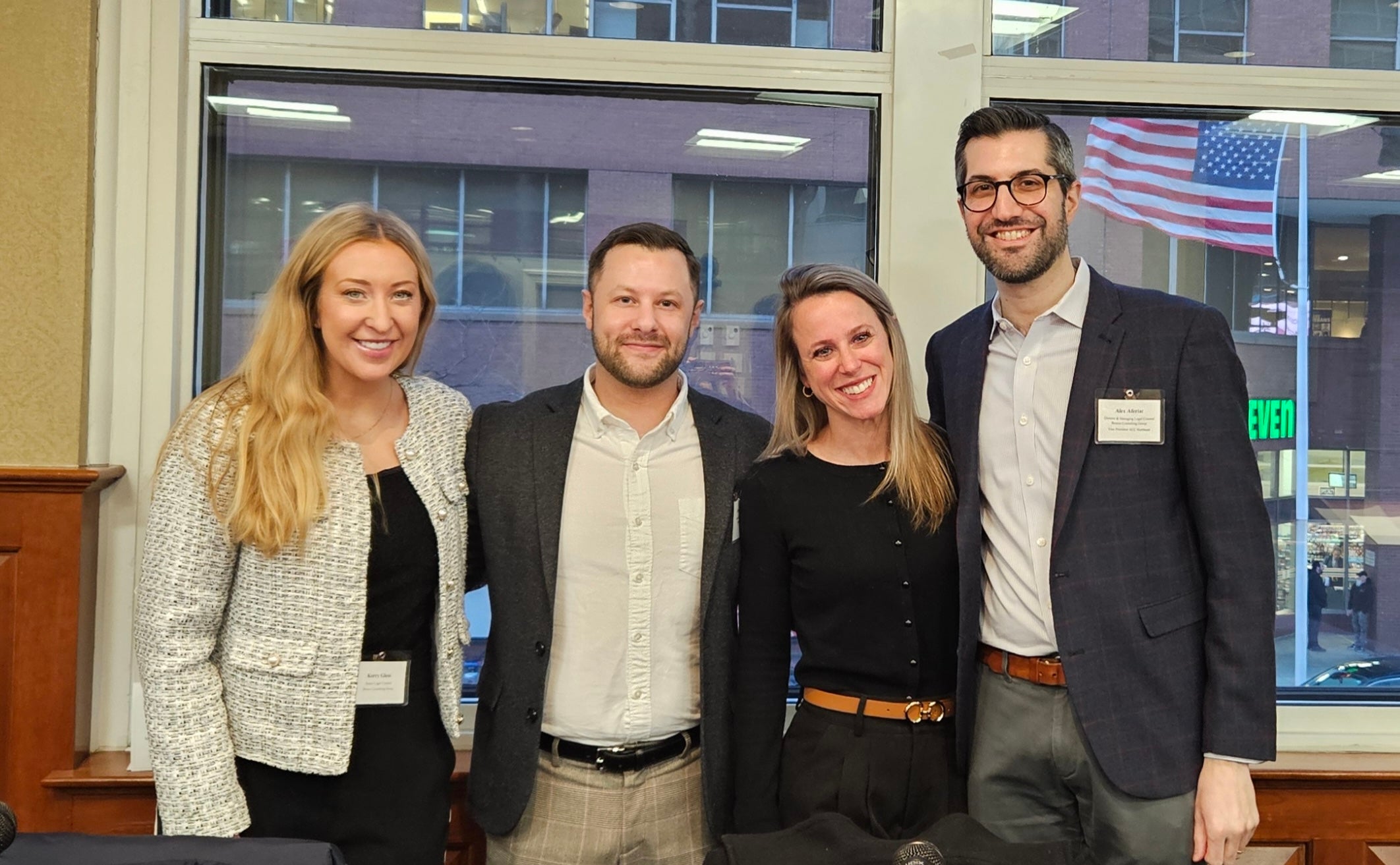



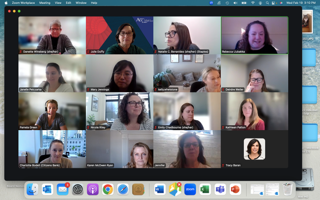




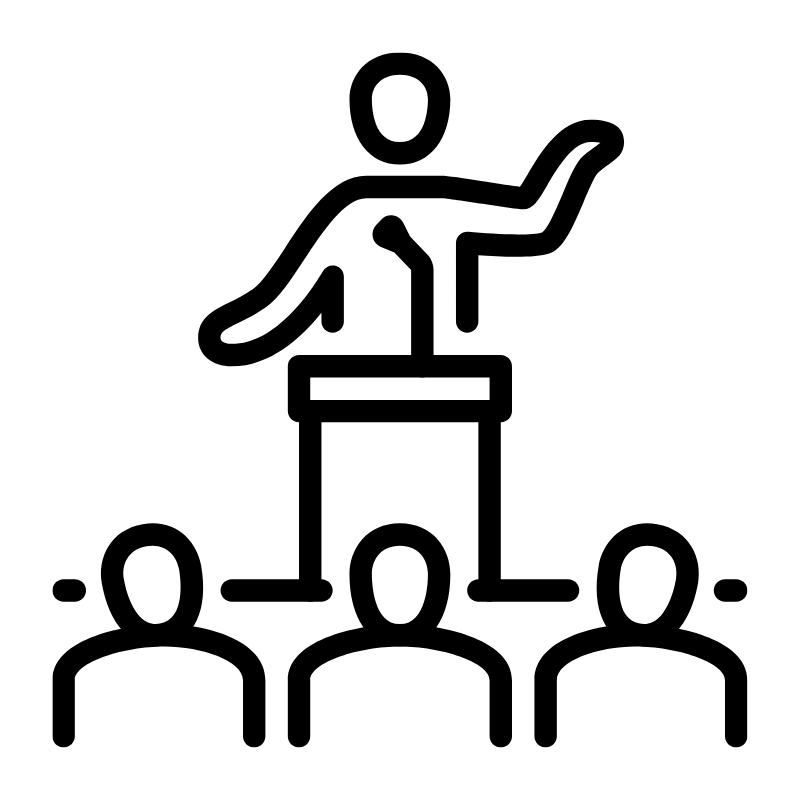
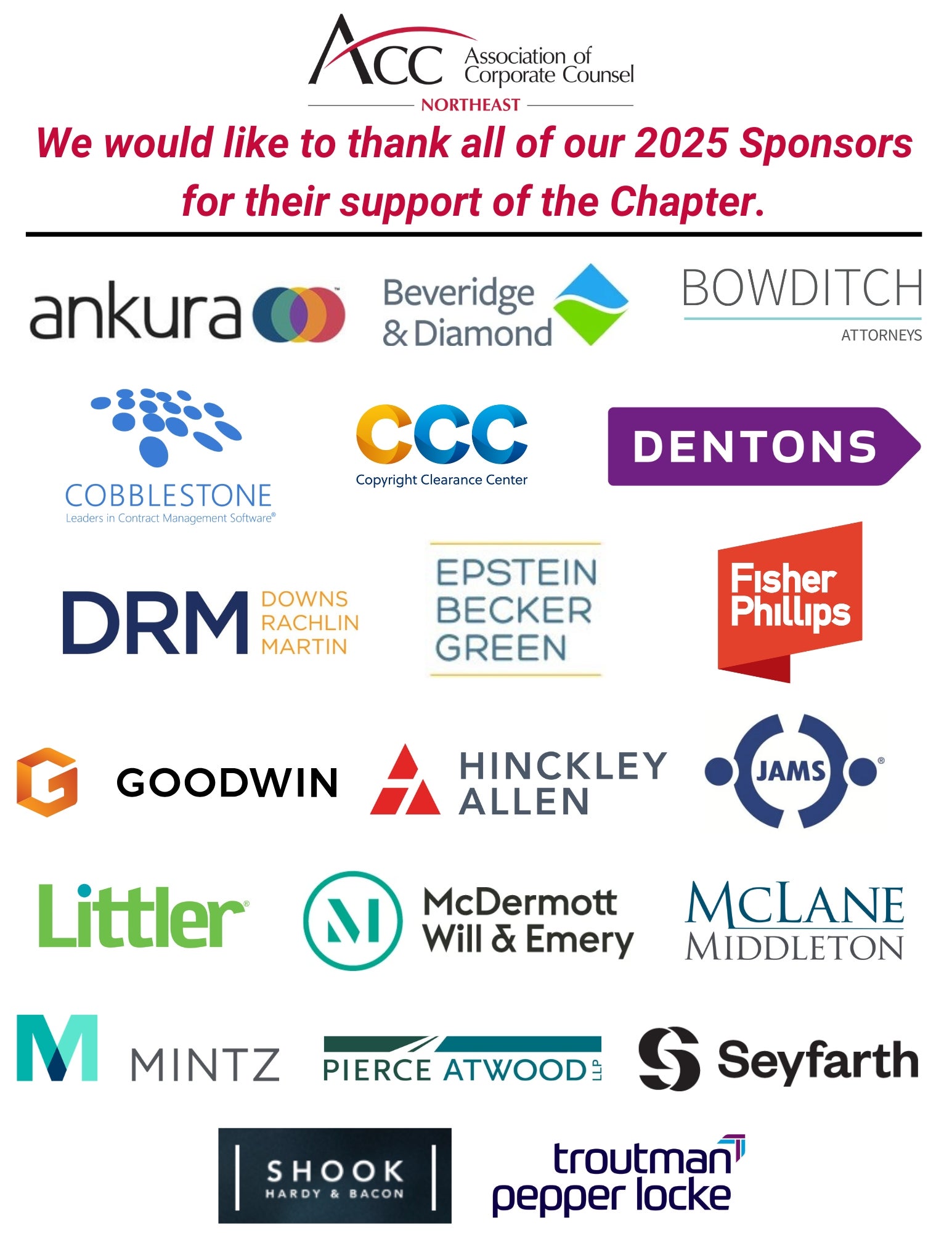


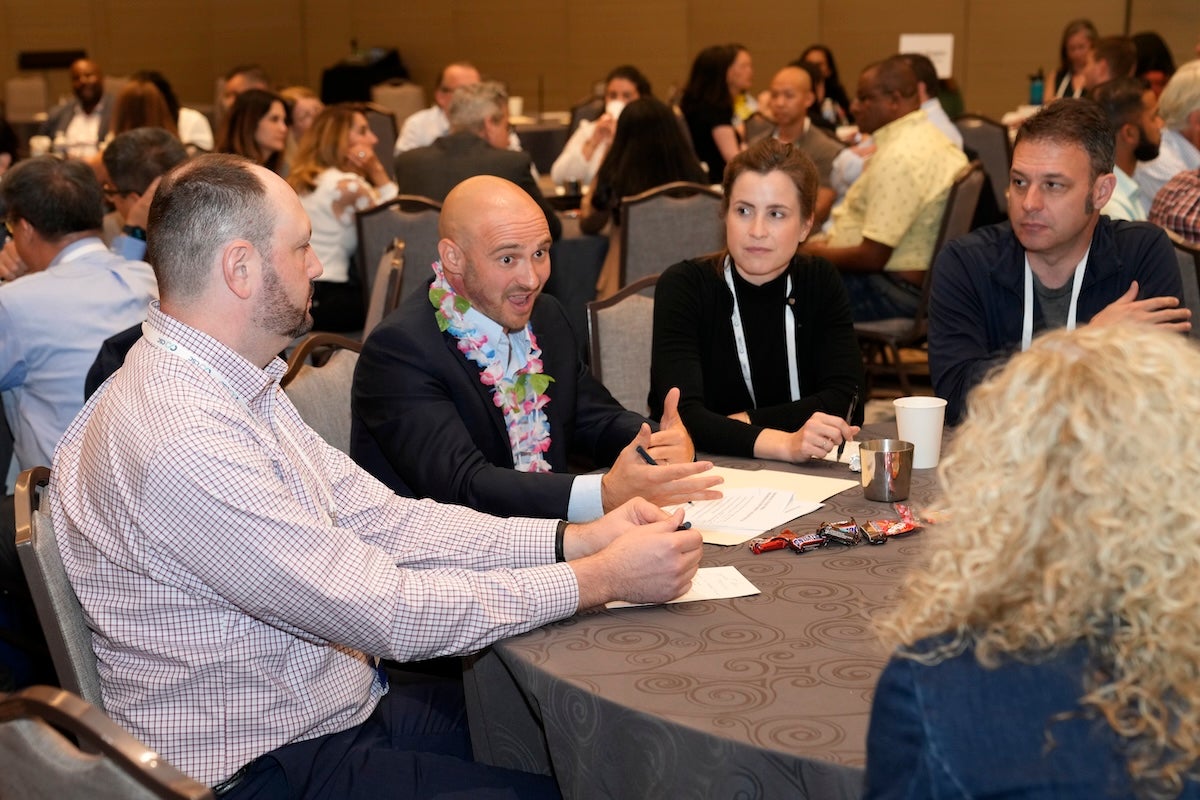
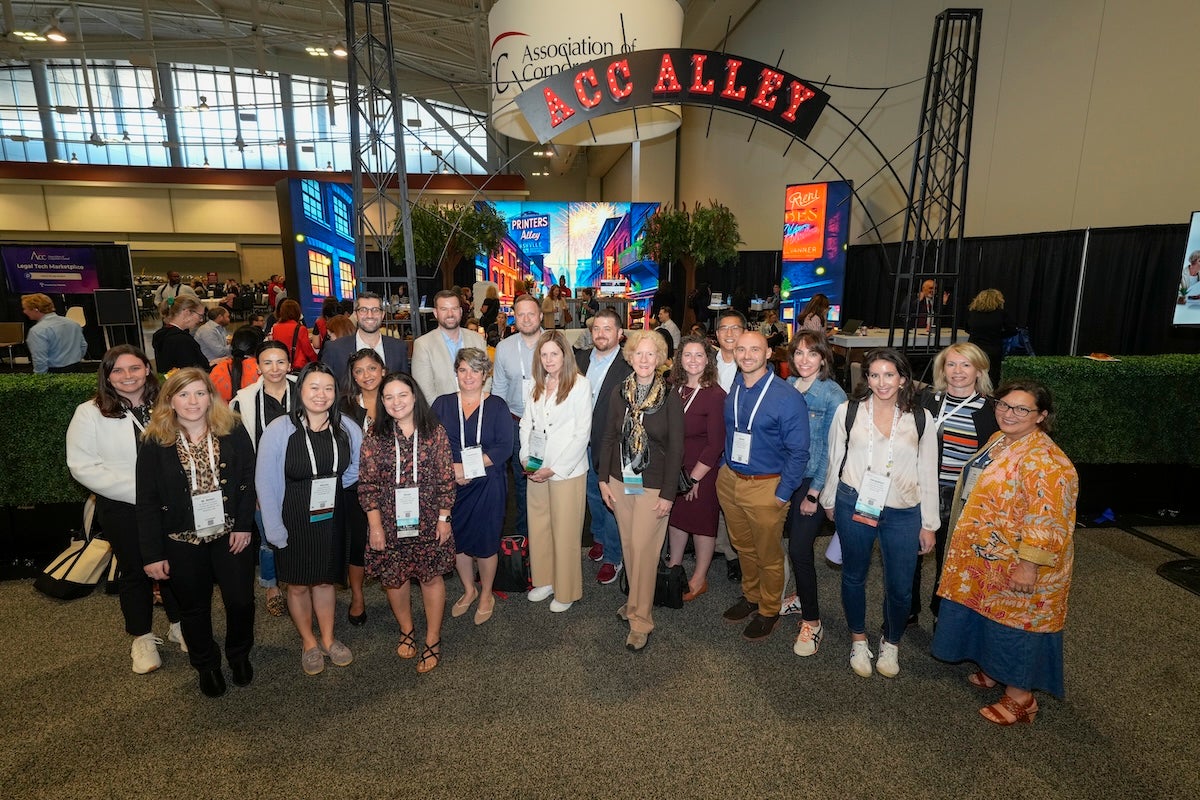

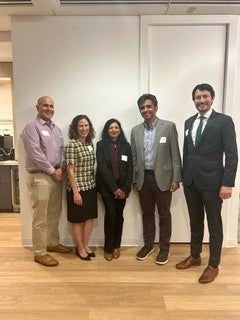
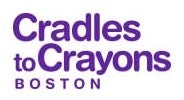
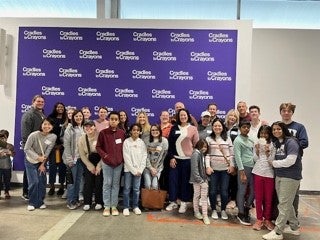






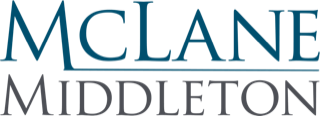

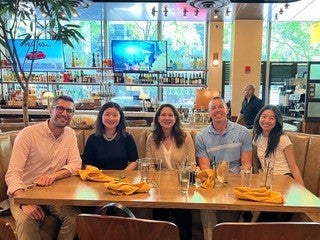
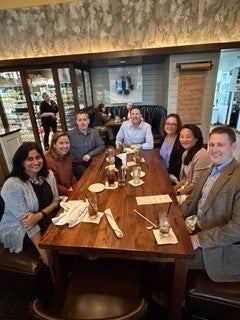 Earlier this year, ACC Northeast launched a successful series of local lunches, each hosted by an ACCNE Board member, as part of the Board’s ongoing efforts to “meet members where they are.” These lunches took place across Massachusetts in Boston (Government Center, Seaport, and Back Bay), Concord, Marlborough, Cape Cod, Waltham, Dover, Worcester, and Andover, as well as in Stowe, Vermont; Providence, Rhode Island; and Portsmouth, New Hampshire. Each gathering was held at a local restaurant and drew an average of six to eight attendees. Attendees enjoyed reconnecting in person with local colleagues, forming new connections, and engaging in lively discussions on topics of interest to the in-house community.
Earlier this year, ACC Northeast launched a successful series of local lunches, each hosted by an ACCNE Board member, as part of the Board’s ongoing efforts to “meet members where they are.” These lunches took place across Massachusetts in Boston (Government Center, Seaport, and Back Bay), Concord, Marlborough, Cape Cod, Waltham, Dover, Worcester, and Andover, as well as in Stowe, Vermont; Providence, Rhode Island; and Portsmouth, New Hampshire. Each gathering was held at a local restaurant and drew an average of six to eight attendees. Attendees enjoyed reconnecting in person with local colleagues, forming new connections, and engaging in lively discussions on topics of interest to the in-house community.
